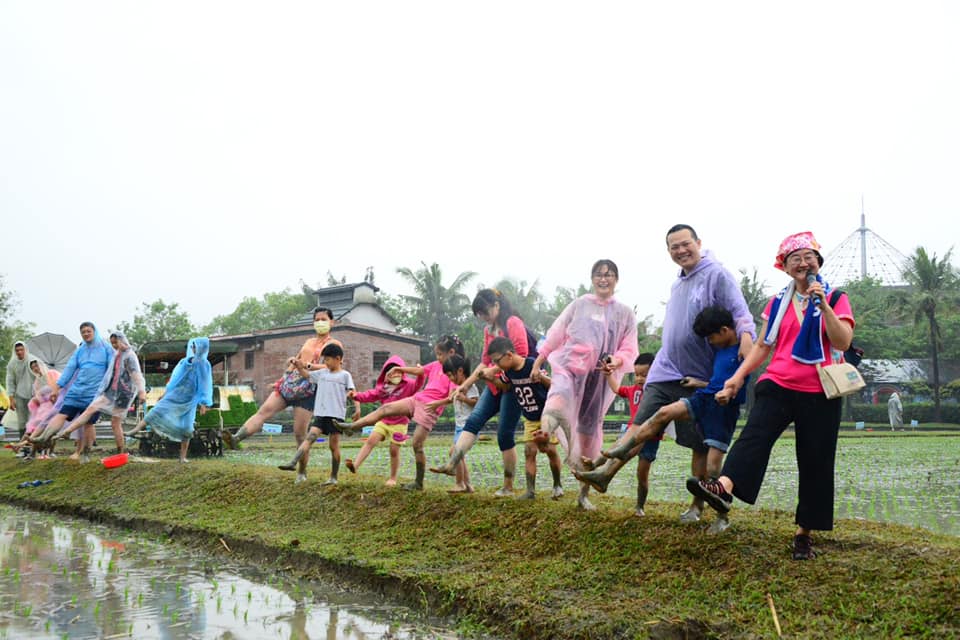
News
【Liudui Activity】Liudui Hakka Cultural Park promotes rice-loach symbiosis model
- Source:客家文化發展中心
- Publication Date:2020/03/17
- Last updated:2020/10/15
- Count Views:2264
The Liudui Hakka Cultural Park hosted an agricultural activity called “sii vo (蒔禾),” which means planting rice seedlings in the Hakka language, offering the participants an opportunity to experience organic farming in Pingtung County on March 14.

Director-General of the Taiwan Hakka Culture Development Center (THCDC) Ho Chin-liang (何金樑) stated that the best season for growing rice is the time between spring and summer. During this event, participants even had the rare experience of sowing rice on a rainy day, which brought to life the classic imagery from the enduring Hakka folk song “Rain from the Sky (天公落水),” Ho added.
Many parents brought their children to the rice-planting activity, conducting Hakka traditions together such as worshiping deities that rule the heavens and earth to pray for a good autumn harvest. They also constructed an eco-friendly environment based on the rice-loach symbiosis model by releasing pond loaches into the fields, with some saying that it was their first time touching this type of freshwater fish.
Loaches are the natural predator of pests in the region and producer of the organic fertilizer sustaining these paddy fields, while the rice plants provide oxygen for the aquatic creatures through photosynthesis. The survival of these loaches depends on chemical-free fields, which in turn ensures the high quality of the rice. Their symbiotic relationship ultimately generates real-life profits in terms of stronger environmental protection and higher selling price.
Addressing concerns amid the coronavirus pandemic, Director-General Ho emphasized that the public event was held under strict epidemic prevention-and-control measures to protect public health.
According to Ho, the next farming activity will be combined with a short trip to Hakka settlements. More information will be announced on the official website and Facebook of Liudui Hakka Cultural Park.
